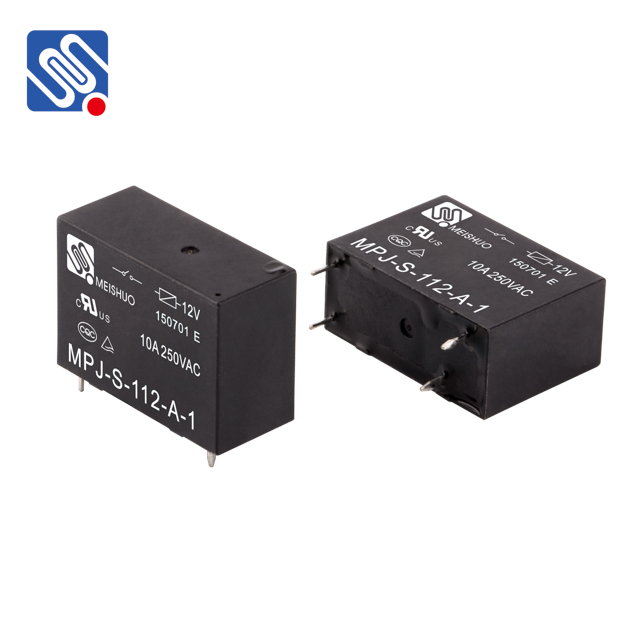Relay power supply systems have become an essential component in various industries, offering reliable, efficient, and automated control of power distribution. The concept of a relay power supply revolves around using relays—electromagnetic switches—that operate based on electrical signals to control the flow of power. These systems are commonly used in applications requiring remote control, automation, and the management of electrical circuits. This article explores the functioning, benefits, and practical applications of relay power supply systems.

What is a Relay Power Supply? At its core, a relay power supply is a system that uses relays to regulate and distribute electrical power. A relay is an electrical device that allows a low-power control signal to switch a higher-power circuit. Typically, relays are employed in applications where it is necessary to control circuits remotely or automatically, such as in industrial machinery, home automation, or even in renewable energy systems. A relay works by using an electromagnet to open or close the switch in response to an electrical signal. When a control signal is applied to the relay, the electromagnet is energized, causing the switch to either open or close the power circuit. This enables the relay to act as a mediator, directing the power flow based on the conditions specified by the control signal.